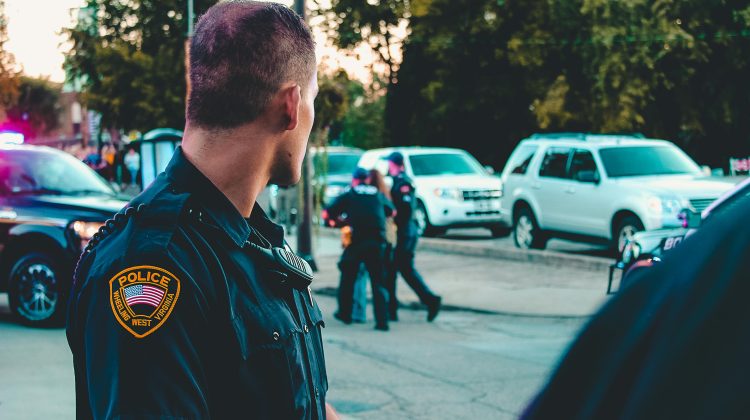September 18th of this year marks National Concussion Awareness Day, a day to create an opportunity for the public to discuss mild brain injuries. The purpose of National Concussion Awareness Day is to have people connect and discuss the importance of testing, signs and symptoms of brain injuries, as well as the various social and emotional issues concussions can cause.
Brain injuries can have devastating effects on survivors, impacting their schoolwork, jobs, social circle, and families. By raising awareness and the importance of recognizing brain injuries, we can help promote proper treatment and supporting the injured.
What is a Brain Injury?
According to the Brain Injury Alliance, a brain injury is an injury to the brain that occurs after birth and is not congenital, degenerative or hereditary. The injury results in a change of the brain’s neuronal activity.
There are two different types of brain injury: traumatic brain injury (TBI) and acquired brain injury (ABI). A TBI is caused by an external factor, such as a bump or jolt to the head, that disrupts the normal functions of the brain. On the other hand, an acquired brain injury is an alteration of the brain function due to internal factors, such as lack of oxygen.
What Causes Brain Injuries?
There are various causes of each type of brain injury. Traumatic brain injuries can be caused by:
- Falls
- Assaults
- Car accidents
- Sports injuries
- Gunshots
- Workplace injuries
- Child abuse
- Domestic violence
Many causes of brain injuries are not self-inflicted; someone else may be responsible. If you or a loved one suffered a brain injury due to another’s actions, you may be able to recover financial compensation through a personal injury lawsuit. To explore your legal options, speak with a qualified personal injury lawyer, like the team at Connolly Brennan Ralabate – PC .
Acquired brain injuries are often caused by internal conditions, including:
- Strokes
- Infectious diseases
- Seizures
- Toxic exposure
- Tumors
Symptoms of a Brain Injury
There is a misconception that brain injuries range from “mild” to “severe”. Any damage or injury to the brain is severe, especially if it seriously impacts a survivor’s life. Some brain injuries cause short term changes while others have life-long consequences. Cognitive changes are the most common symptoms of brain injuries.
When there is brain damage to the frontal lobe, there can be problems with attention, decisiveness, verbal communication as well significant personality changes. Damage to the temporal lobe can result in hearing loss and problems understanding spoken word. If the parietal lobe has been injured, there may be trouble with motor functions, such as paralysis, as well as hand-eye coordination. Occipital lobe damage could affect vision, such as distorted vision, loss of depth perception and ability to determine distance.
Other symptoms of brain injuries, especially in concussions, could include loss of balance, loss of memory, confusion, headaches, dizziness, vomiting or nausea, ringing in the ears, and changes in emotions or sleep patterns.
Treatment for Brain Injuries
The type of treatment for a brain injury depends on the specific type and severity of the injury. Some brain injuries require specialized care in the hospital with months of inpatient rehabilitation programs. Other brain injuries, like concussions, can be addressed with a shorter hospital stay and outpatient rehab.
Medication is a treatment for brain injuries to help limit secondary damage to the brain, which may include diuretics, anti-seizure drugs, and coma-inducing drugs. Surgery may also be a treatment option in emergency situations to help minimize additional damage to brain tissues.
To help a person who has suffered a brain injuries, there are various coping and support options: joining support groups, keeping a journal, taking frequent breaks, avoiding distractions, and continued therapy.
Supporting People with Brain Injuries
Not every injury is visible. National Concussion Awareness Day serves as a day to raise awareness for treatment and identification for people living with brain injuries. By raising awareness and the importance of recognizing brain injuries, communities can work together to promote proper treatment to support those diagnosed with brain injuries.





No Comment